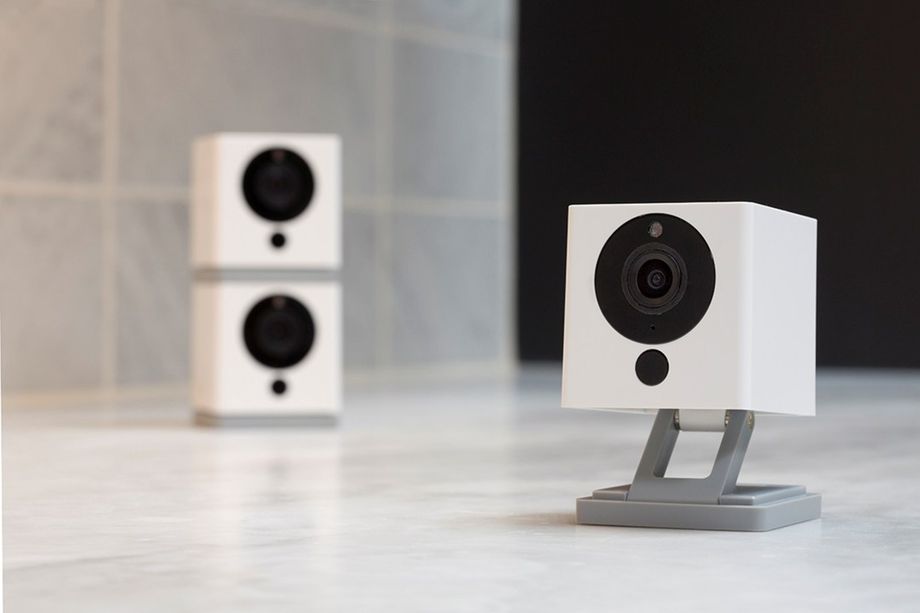
Apple's recent purchase of Seattle startup Xnor.ai, which specializes in on-device artificial intelligence, appears to have had a knock-on effect on home security cameras made by Wyze, another Seattle-based company.

The Verge reports that the Wyze Cam V2 and Wyze Cam Pan rely on Xnor.ai's on-device people detection, but now that Apple owns the company, the support has been pulled in a beta firmware update currently rolling out to Wyze customers' devices.
As it happens, Wyze issued a statement in November 2019 saying that Xnor.ai had terminated their contract, and that a firmware update rolling out in mid-January 2020 would remove the feature from its cameras. Whether Xnor.ai planned to be acquired by Apple in January, or it already had been acquired, remains unknown.
Despite the apparent forewarning, Wyze says it is still working on an in-house people detection replacement feature, but it promises to launch it as a free update sometime this year.
Given Apple's deep interest in personal privacy, an acquisition of technology for handling AI on device shouldn't raise any eyebrows. Xnor.ai's work could potentially be incorporated into future iPhones, improving Siri and other AI and machine learning-based tasks that are done on device.
Article Link: Apple's Acquisition of AI Company Leaves Wyze Cameras Without People Detection

